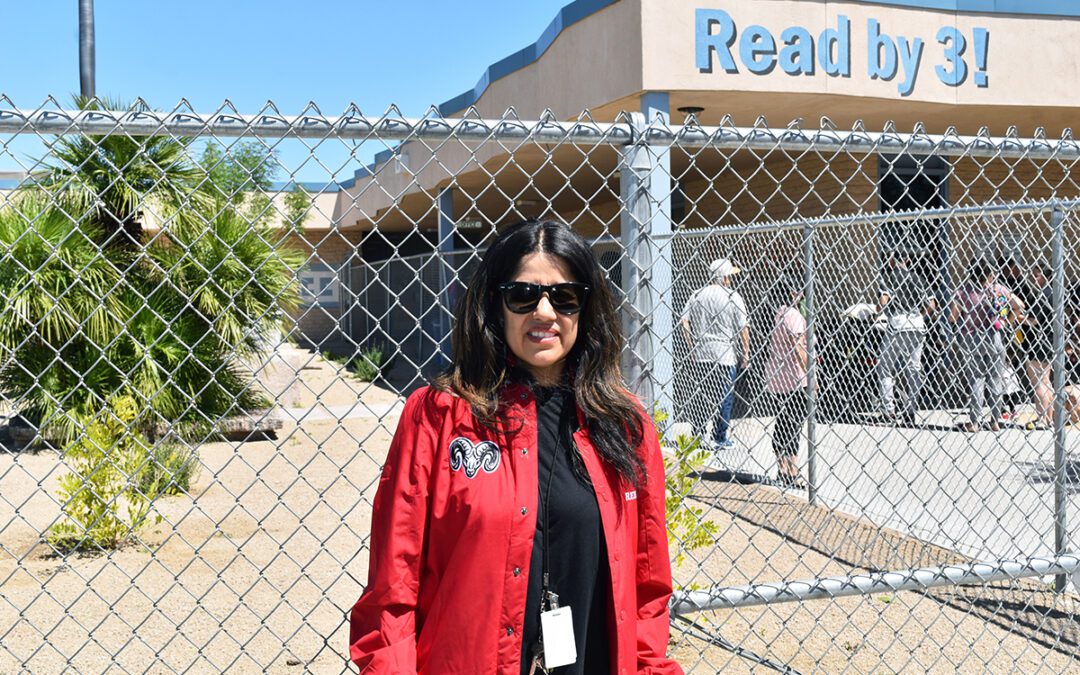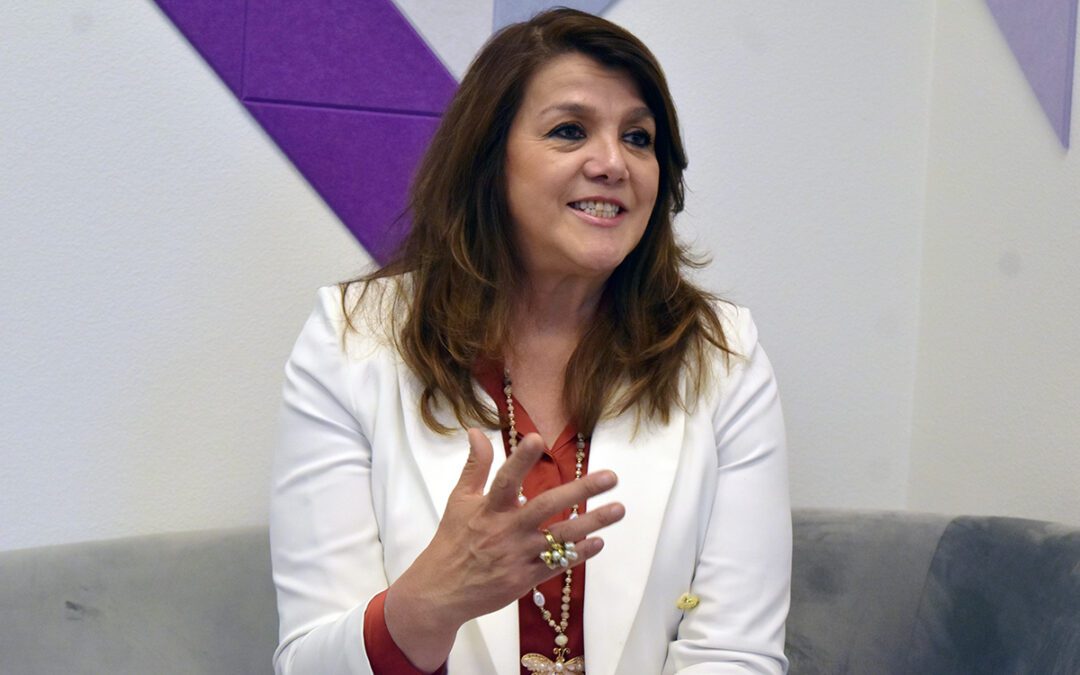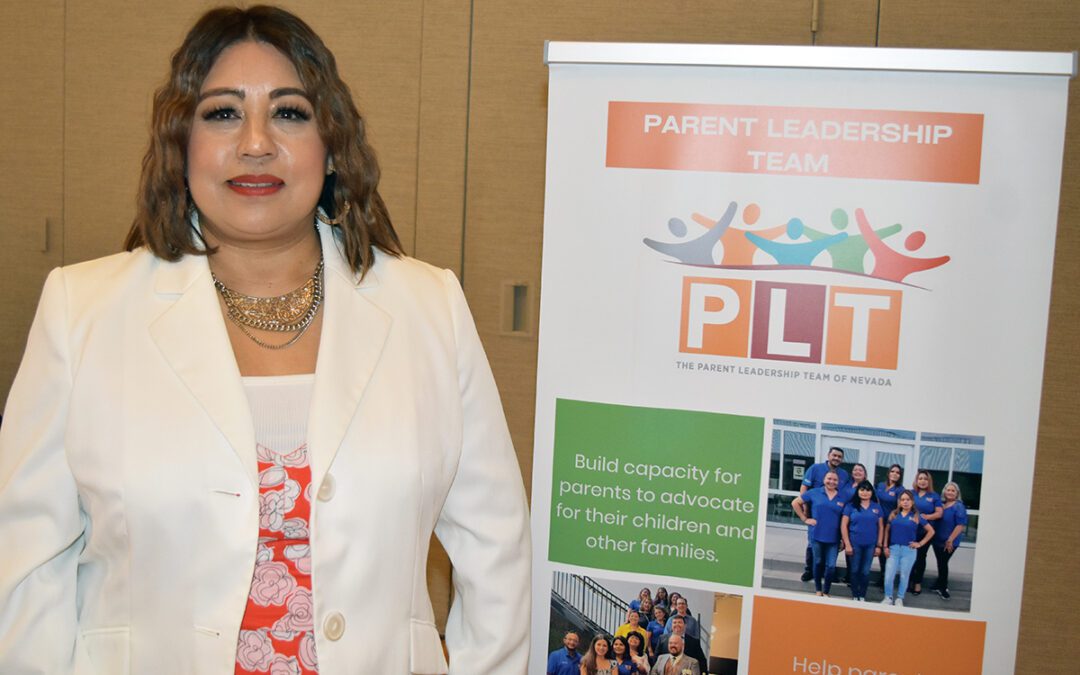Up to 95% of survivors of mass shootings experience PTSD in the aftermath, but supportive services and mental health resources can help improve outcomes for survivors, and resources are available in Las Vegas for those who need them in the wake of the shooting at UNLV shooting on Dec. 6
The Vegas Strong Resiliency Center (VSRC) encourages anyone struggling to deal with the aftermath to reach out for help.
Clark County and its partners established the VSRC after the Oct. 1, 2017 mass shooting on the Las Vegas Strip to provide the community with trauma-related care. “The Vegas Strong Resiliency Center became a well-known place for providing trauma-informed care and support following the 1 October shooting, and it continues to be an important resource for the community,” said Clark County Commission Chairman Jim Gibson. “We encourage anyone in need of support or assistance to contact the center including students, staff, faculty, their family members, or anyone in the community struggling with impacts from the violence that occurred at UNLV.”
Those impacted cope with trauma in multiple ways and the time it takes to heal can vary. Feeling anxious, hopeless, helpless, unsafe, and guilty for surviving are normal reactions to trauma, as are struggling to focus and sleep. The VSRC encourages people to seek counseling and keep their day-to-day routine as normal as possible.
Discussing the event with others and disconnecting from social media are also recommended by the American Psychological Association.
VSRC serves as a resource hub to offer crisis services to UNLV students and staff in the aftermath of the shooting.
RELATED: VIDEO: UNLV Sophomore Eryn Smith speaks about campus shooting and mental health
UNLV Student Counseling and Psychological Services (CAPS) began providing crisis support services to students both in-person and via telehealth on Dec. 7.
In the aftermath of the shooting, several other nonprofit mental health agencies offered their services to those impacted by the tragedy including the Crisis Support Services of Nevada, the nonprofit that oversees Nevada’s crisis hotline, and the national, state, and local Southern Nevada affiliate branches of the National Alliance on Mental Illness (NAMI), which helps families whose loved ones are struggling with mental health.
Additionally, Fuente de Vida Mental Health Services has licensed therapists on hold to provide mental health resources for Spanish-speaking families of the victims, staff and those impacted by the shooting.
Crisis Support Services of Nevada noted that mass violence impacts not only those directly impacted by it, but the community at large and “encourages individuals, regardless of their connection to the shooting — to reach out for emotional support if they are struggling now or in the weeks to come.”
For any non-citizen who witnessed the shooting, the UNLV Immigration Clinic is offering its free and confidential services. To request an appointment, visit their website.
“Today, tomorrow, next week, and for a long time to come, many of us will struggle with what has happened in our community. But you are not alone,” Sheldon Jacobs, the board president of NAMI Southern Nevada and a licensed family therapist in Southern Nevada, said in a statement to the Current.
The VSCR, working with UNLV, the UNLV Foundation, has also set up a fund to accept donations for families of victims who died in the incident and to help those who suffered severe physical injuries.
“We know many people want to show support for families of victims after a tragedy like this by offering a financial donation that can be used for any specific need they may have,” said Tennille Pereira, director of the Vegas Strong Resiliency Center, which is managed by the Legal Aid Center of Southern Nevada. “There are no administrative fees associated with the fund we have established. All donations will be distributed to victims’ families.”
Resources For services
To access CAPS services call (702) 895-3627 or email caps@unlv.edu.
VSRC, at 2915 W. Charleston Blvd., Suite 100, offers services from 7:30 a.m. to 5 p.m. Monday through Friday. People in need of help can call (702) 455-AIDE (2433) or 1 (833) 299-2433 for callers outside Nevada or visit the organization’s website at www.vegasstrongrc.org.
The NAMI Nevada Warmline can be reached at 1-775-241-4212.
For Fuente de Vida Mental Health Services call (725) 204-8809.
The Crisis Support Services Hotline is 988.
This story was originally published by Nevada Current and has been republished under a Creative Commons license.

Imparte Brissa Arana introducción a la inteligencia emocional con “Invertir en ti”
El taller de introducción a la inteligencia emocional y sus repercusiones en el ámbito laboral fue impartido por Brissa Arana, Trabajadora Social...

Rosa Alicia Contreras es una “Esperanza” magisterial en el CCSD
El Distrito Escolar del Condado Clark celebra la Semana de Agradecimiento a los Maestros. El Distrito Escolar del Condado Clark (CCSD, por sus...

Maritza Rodríguez es una madre con destellos de amor, paciencia, valor y fortaleza
Sin importar profesión, lugar de origen, situación migratoria o ideología política, todas las mujeres de esta comunidad comparten una misma virtud,...

Selene Lozada y su equipo de trabajo en PLT celebran el privilegio de ser madre
Muchas personas coinciden en afirmar que una madre es comprensión; porque sus palabras sosiegan, porque sus abrazos y besos sanan, y esto, sin...

Faces of justice: Meet 10 Latinx activists fighting for equity in Nevada
While the Latinx community’s history of activism dates back to Colonial times, the modern-day fight for Latino civil rights picked up steam...

The 25 best restaurants in Nevada, according to Yelp
When it comes to dining out in Nevada, the breadth of choices can be daunting. There are thousands of restaurants in Las Vegas alone, not to mention...




